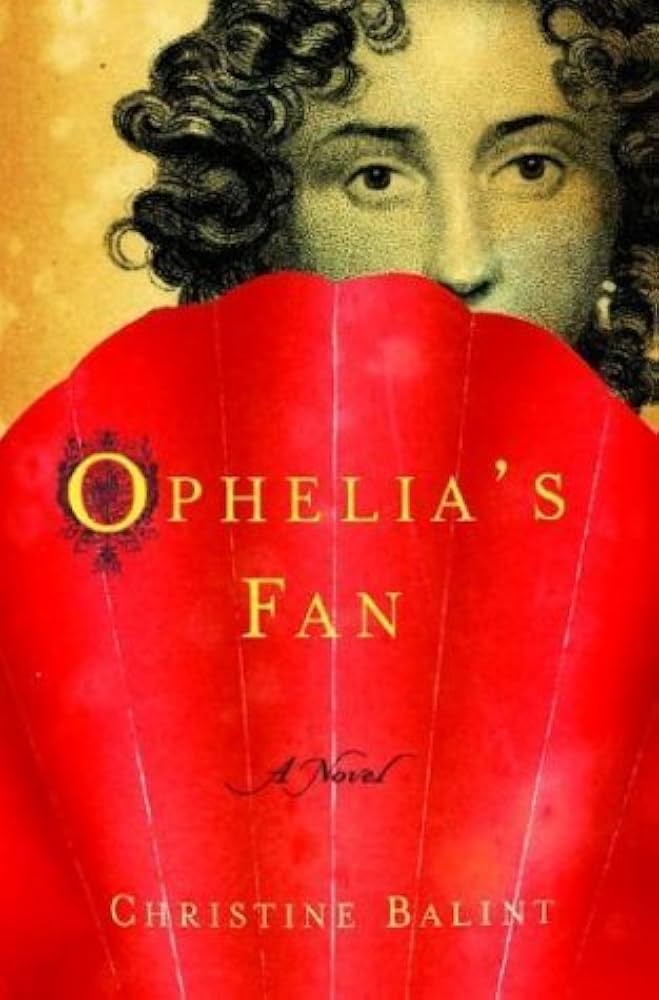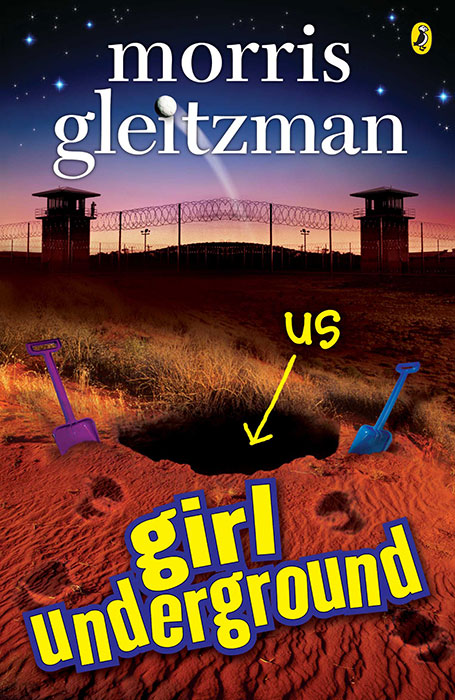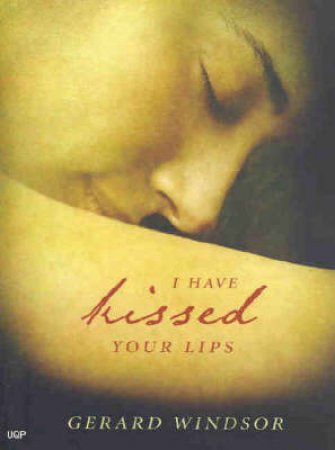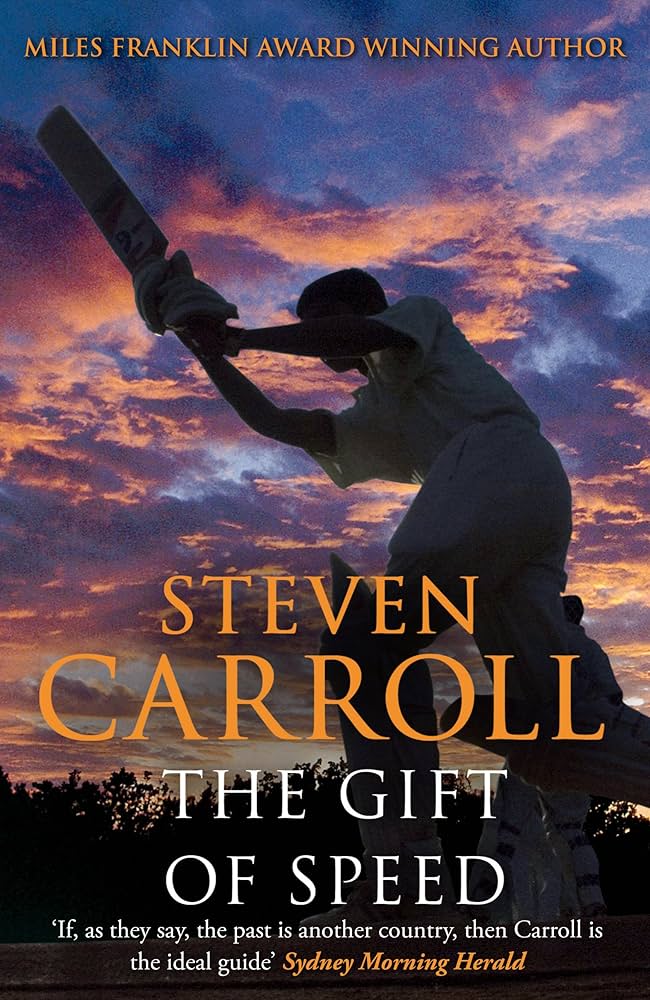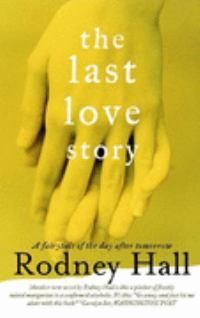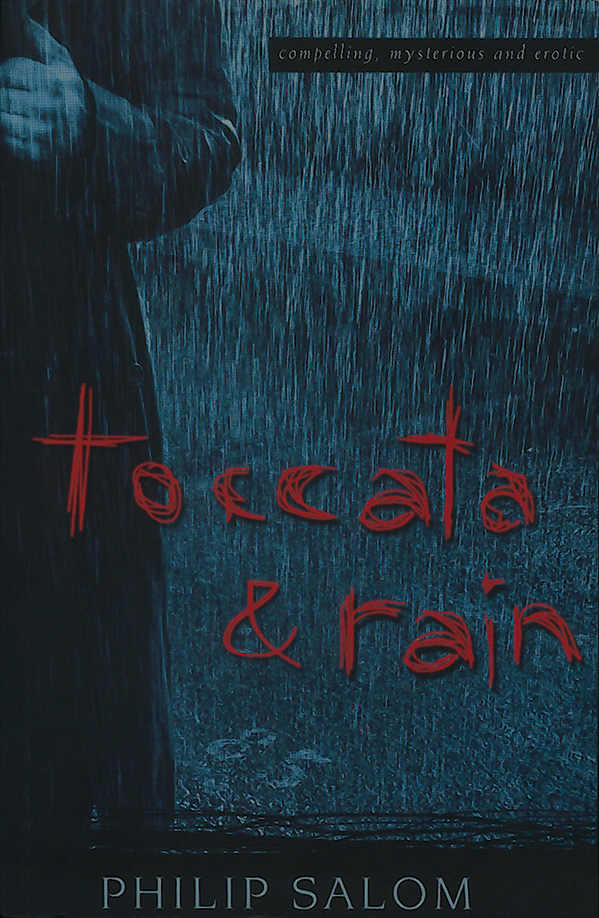Fiction
Ophelia's Fan by Christine Balint & Always East by Michael Jacobson
First novels should be the hardest to write but, among writers, second novels have won that reputation. Second-novel syndrome can be identified by: obsessional mourning for the cocoon of anonymity; consuming self-doubt; chronic false starts; acute self-consciousness; the need for constant reassurance; and a low-level frustration brought on by mandatory participation in literary festivals.
... (read more)Girl Underground by Morris Gleitzman & Tiff and the Trout by David Metzenthen
Stories of children in the maelstrom: the horror of mandatory detention; the appalling cruelty of how some orphans are treated by those responsible for them; and youngsters caught in the heartbreak and dislocation of family breakdown – such is the stuff of these three important novels for young people. No coy sensibilities are spared in these reflections of modem life. Here are ordinary adults and children caught up in extraordinary events. All three books show how life can be hard, but that one must meet its sorrows and afflictions with courage, good humour and good friends. Each story is about what happens when a child becomes a victim to events beyond his or her control, be they personal or political, dramatic or mundane.
... (read more)Gerard Windsor has worn various literary hats – as reviewer, biographer and literary commentator – and in one of them does he shrink from controversy. Indeed, this provocative identity is mentioned as a matter of pride in various publicity blurbs. The history of his old school that he was commissioned to write was deemed too negative and was never printed, and he has come under fire for views expressed at both Adelaide and Sydney writers’ festivals. So it was unsurprising that with his latest novel, he has also chosen a controversial subject matter: the sexual life of a Catholic priest.
... (read more)Literary trends are frequently and cyclically trumpeted on the Australian publishing scene: the memoir boom, the decline of fiction, the death of the literary novel. Gail Jones’s work proves that rumours of the latter’s demise are exaggerated. Jones has published three previous books and each has made a splash locally; both collections of stories – House of Breathing (1992) and Fetish Lives (1997) – and her début novel, Black Mirror (2002), garnered prizes. Jones’s second novel, Sixty Lights, is set to enhance her reputation, especially as she is now published by the prestigious UK publisher Harvill Press.
... (read more)The Scheherazade figure is a familiar and celebrated presence in literature. The power of her stories can be healing, redemptive, enabling. But what if, as in Sarah Armstrong’s Salt Rain, the storyteller is your mother, and she’s damaged? What if the fantasies she tells you are, consciously or unconsciously, presented as fact, while truths are withheld? Would you revere the storyteller as a great creative force, or feel betrayed by her lies?
... (read more)Emily Maguire and her publishers know what sells. On the cover of her first novel is a pull-out quote about how easily a pair of breasts can cause a man to lose his dignity, and an image of a naked female torso – artfully arranged, of course, so you can just sec the curve of the buttocks. Between the covers, Taming the Beast reeks of stale semen, grease and alcoho ...
I remember trying a few years ago to communicate to a younger friend something of the way I remember my childhood in Adelaide in the 1970s. It was a world in which an older Australia still lingered, a quiet, suburban world where men caught the tram to work at 8.15a.m. and came home at five, where the banks closed at four p.m., and where World War II veterans and their wives lived around us. In 2004 that world – somnolent, conservative, oddly outside time – seems almost unimaginable; even then, it was almost gone. Instead, it inhabits that hinterland between memory and nostalgia, lingering for me in the textures of the things and places which gave it shape, textures that are hopelessly entangled in the possibilities, pleasures and disappointments of childhood.
... (read more)There is often a speculative dimension to Rodney Hall’s fiction. Throughout his long career, he has tended to build his novels around alternative histories or unusual possibilities. Past works have imagined scenarios as diverse as Adolf Hitler arriving on the south coast of New South Wales and (where does he get his ideas?) Australia becoming a republic. The Last Love Story is in some respects unrepresentative of Hall’s vivid and expansive body of work. Compared to some of his earlier novels, it is concise and the natural flamboyance of his writing seems a little subdued. The novel does, however, develop from a typically interesting ‘what if?’
... (read more)Philip Salom’s poetry has won many awards since his first collection, The Silent Piano, was published in 1980. His poems range widely and have often included fantastical elements, most notably in Sky Poems (1987). The opening of Sky Poems enjoins the reader to ‘Throw out the world’s laws’, promising: ‘Anything you wish, possibly more!’ Such poetry seems to proceed from the assumption that fiction can, after all, be stranger than truth. And, despite its variousness, Salom’s work often returns to certain kinds of strangeness.
His second book, The Projectionist (1983), is a kind of proto-novel constructed as a collection of poetry. It is impossible to summarise this book neatly, but it foregrounds the sensibility of a character called Mr Benchley, a retired film projectionist whose ‘reality’ is partly filmic. In this work, Salom investigates the elusiveness of human experience and reflects on how experience may be represented suggestively through audiovisual technology. He writes in one poem, ‘This playback of life’s feeding / every thread of the rough cocoon’ – the ‘cocoon’, among other things, being the self-reflexive activity of a lonely life.
Playback (1991) became the title of Salom’s first novel, recently reissued. The main protagonist is a male oral historian and folklorist living as a visitor in a country town. At the core of Playback is a mystery centred on a possible, and unsolved, crime, along with the erotic charge of an adulterous relationship between the oral historian and an artist. The novel progresses by counterpointing the past – captured in a growing, if precarious, store of taped oral histories – with the historian’s evolving and increasingly destabilised present. The dynamic is fairly merciless. Various forms of disintegration occur; the novel’s conclusion answers some key questions but leaves others unresolved. In both The Projectionist and Playback, people are shown never to be free of their pasts, even though they remember their lives poorly. They are depicted as often creating themselves and their fantasies on the ground of their own forgetting.
... (read more)Zeitgeist or coincidence? Spinifex and Macmillan have both just published novels with middle-aged women centre stage. In marketing terms, they have launched a niche product, targeting the middle-aged female consumer. Poppy’s Return, by New Zealand author Pat Rosier, and West Australian Liz Byrski’s Gang of Four boldly foreground women’s midlife issues. Their protagonists bravely confront the multiple challenges of their own ageing, in addition to the care of elderly relatives.
... (read more)
